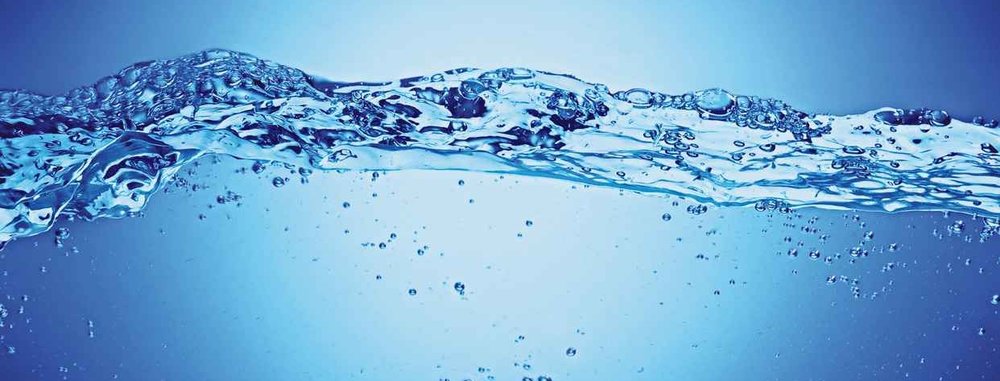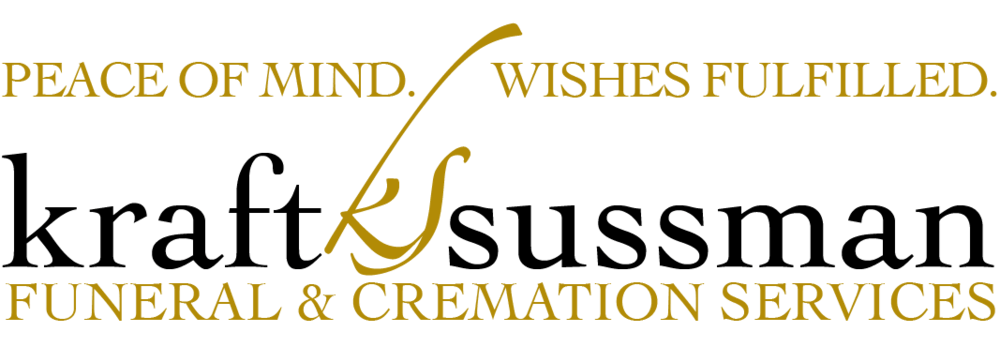 AQUAMATION
AQUAMATION
The water-based process is an eco-friendly alternative to traditional flame-based cremation. It uses water instead of fire to return a body back to nature.
Aquamation—sometimes called alkaline hydrolysis —is a gentle, environmentally friendly alternative to fire cremation. It is a quiet, water-based process that reduces the remains to dust/ash, and is returned to the family. The Aquamation process takes place in a pressurized chamber over about 8 hours. During the process, the remains are placed in an airtight capsule with alkalized water and through gentle water flow, all organic material is broken down. When the process is completed, the bone remains are collected, go through a drying process and then processed and returned to family.
AQUAMATION AT A GLANCE
- A flameless cremation process that uses water instead of fire
- No emissions of harmful greenhouse gases or mercury
- Over 90% energy savings when compared to flame-based cremation
- 1⁄10 the carbon footprint of flame-based cremation
A FLAMELESS PROCESS
The scientific name for this water-based process is alkaline hydrolysis. It is the same process which occurs as part of nature’s course when a body is laid to rest in the soil. We use a combination of water flow, temperature, and alkalinity to accelerate nature’s process.
WHO SUPPORTS AQUAMATION
For over 20 years, trusted institutions have chosen this process for the dignified and environmentally conscious disposition of bodies donated to medical science. The MAYO Clinic, UCLA Medical School, and UTSW Medical School have chosen this process for their distinguished willed body programs.
PREVIOUS FAMILIES WHO HAVE CHOSEN AQUAMATION HAVE EXPRESSED
- They are grateful to have a choice.
- They prefer a process that uses water instead of fire or flame.
- They believe this to be a more gentle option than flame-based cremation.
- They value the decreased environmental impact of the process.
Immediate Needs
FREQUENTLY ASKED QUESTIONS
What actually happens...?
With Aquamation, an individual body is respectfully placed in a clean, stainless steel vessel. A combination of gentle water flow, temperature, and alkalinity are used to accelerate the natural process of tissue hydrolysis. All organic material is reduced to its most basic building blocks.
At the end of the process, there is no DNA or RNA remaining. The sterile process water is released for recycling (our bodies are approximately 65% water to begin with), and only the inorganic bone minerals remain. The minerals are processed into powder and returned to the family in an urn.
Is the body dissolved in acid...?
No, Aquamation uses a catalyst called alkali, which is the chemical opposite of an acid. Alkalis are made from sodium and potassium salts, which naturally occur in nature.
Are the alkalis used in this process safe for the environment...?
Yes. The water-based process uses a solution of 95% water and 5% alkali (a combination of sodium and potassium hydroxide). The alkalis used in this process are the same alkalis used in biodiesel production, common cosmetic products, body washes, shaving creams, and even in food preparation. At the end of the process, the chemical has been completely consumed, neutralized, and no longer remains in the water solution.
What is the impact of the water usage?
Virtually zero. The Aquamation process uses less water than a single household uses in one day. This includes all of the water used for the process, along with the clean water rinsing of the final remains and vessel.
What happens to the water..?
The water is returned to the ecosystem via the normal wastewater treatment facility, just as all funeral homes in the United States do during the embalming process. The Aquamation process produces a completely sterile solution of amino acids, sugars, nutrients, salts, and soap in a water solution. These are the byproducts of natural decomposition.
Are the powdered ashes safe to handle...?
Yes, the remains are 100% safe, pathogen and disease free. The ash that is returned to the family is simply bone mineral, or calcium phosphate. The ashes will keep in an urn, or may be buried or scattered in a special place as some families choose to do.
Can we have services before Aquamation….?
Definitely, prior to Aquamation, a funeral service and/or visitation with the deceased present may take place at our funeral home, a house of worship or other location. For families who do not desire to do a funeral with the deceased's body present, we encourage holding a memorial service with the Aquamated remains present in an urn or simply without the remains present. Speak to the compassionate and licensed staff at Kraft-Sussman Funeral & Cremation Services at (702) 485-6500 or info@kraftsussman.com, for more information.
WHY IS AQUAMATION EXCLUSIVELY AT KRAFT-SUSSMAN FUNERAL & CREMATION SERVICES?
Part of the mission of Kraft-Sussman Funeral & Cremation Services is to continually enhance the service we provide to the families we work with. In 2017, Laura Sussman was instrumental in introducing and securing the passage of AB205, which allows for the process of alkaline hydrolysis cremation to take place in Nevada. Since that time, Kraft-Sussman has researched the best manufacturers of this process and worked through the local legislative process to ensure that we could bring Aquamation to the Southern Nevada Community.
While this process is available to any funeral home which desires to make the significant investment to offer this option, Kraft-Sussman Funeral & Cremation Services is the only one who has taken this significant step.
